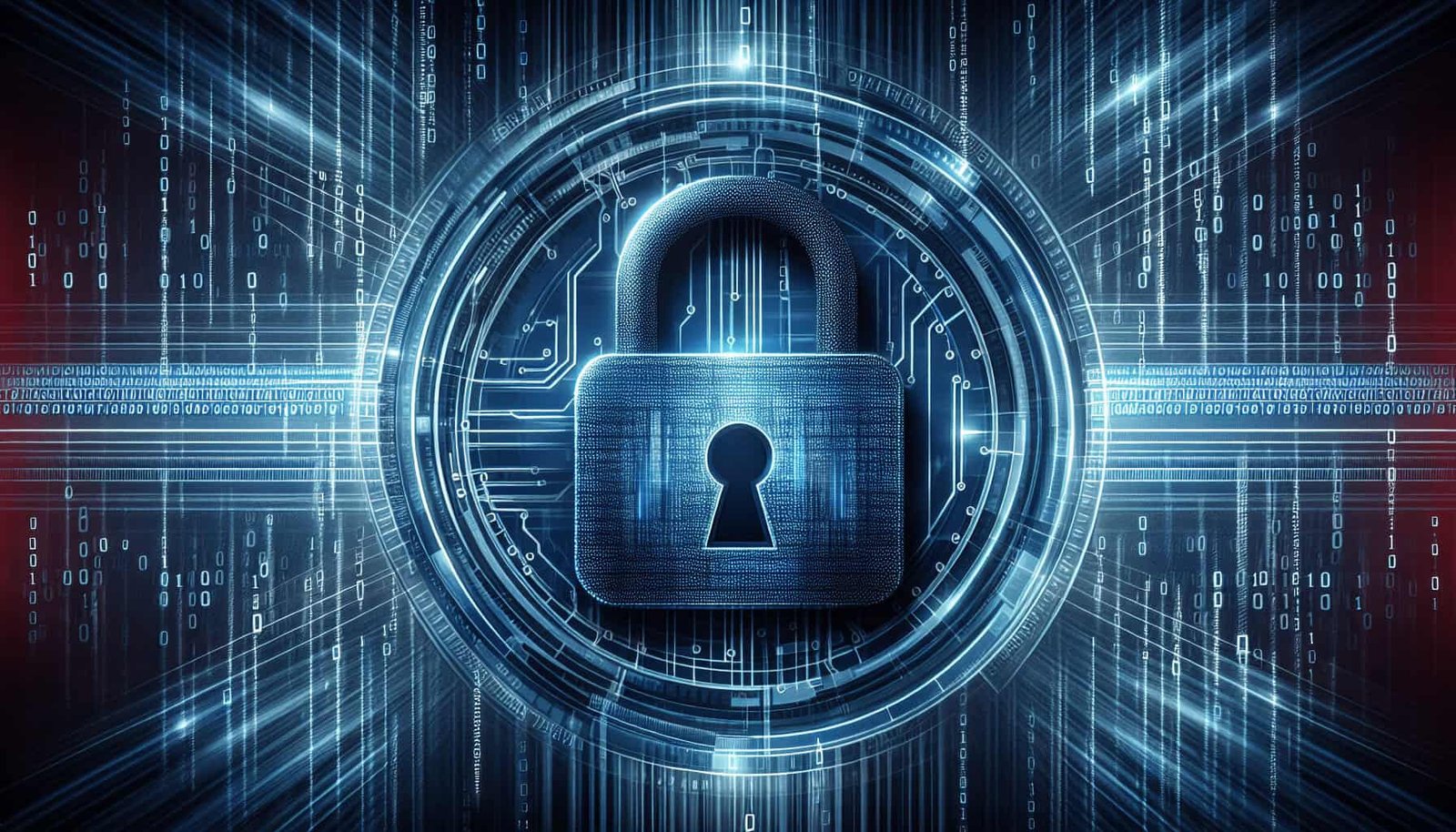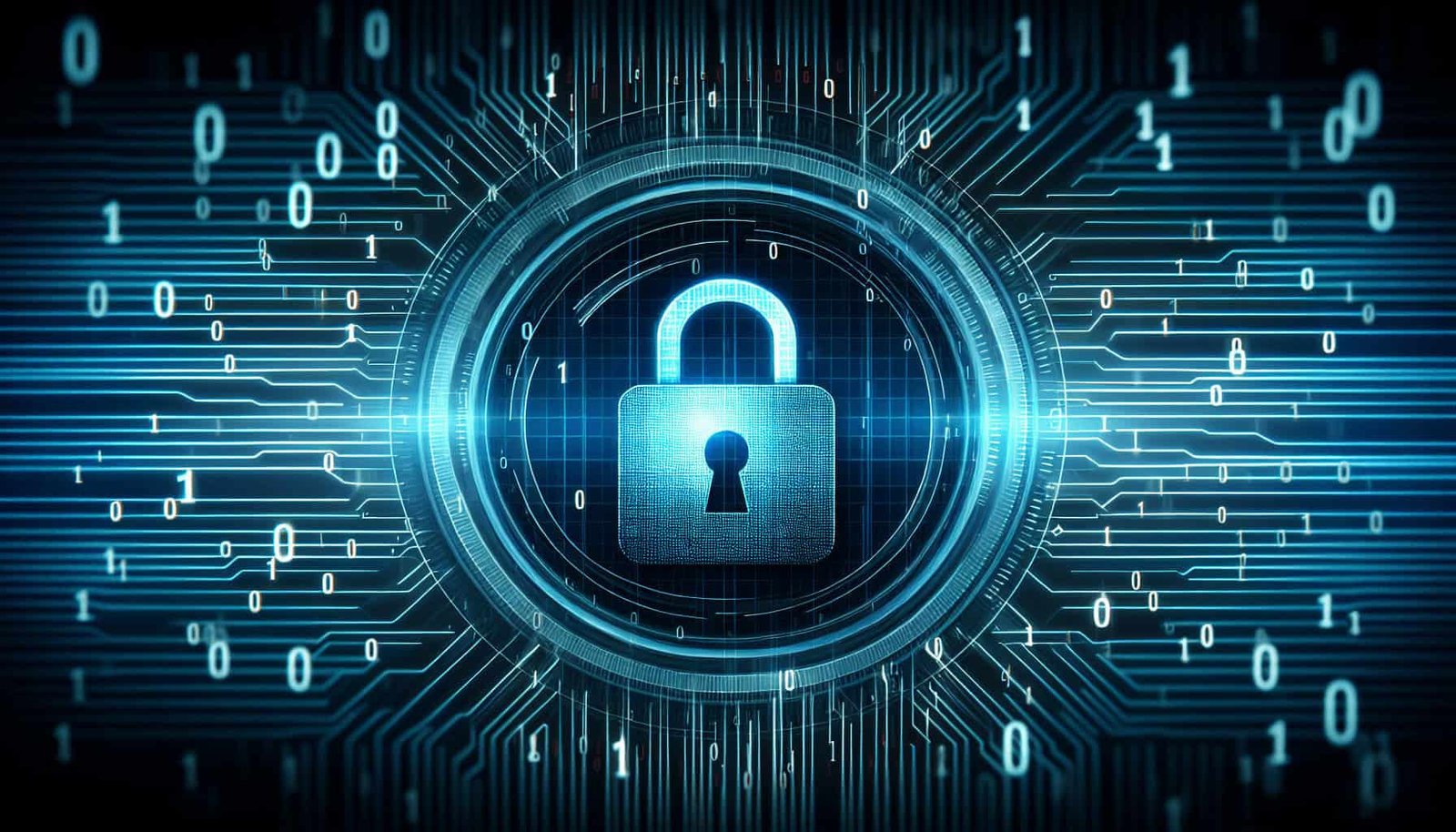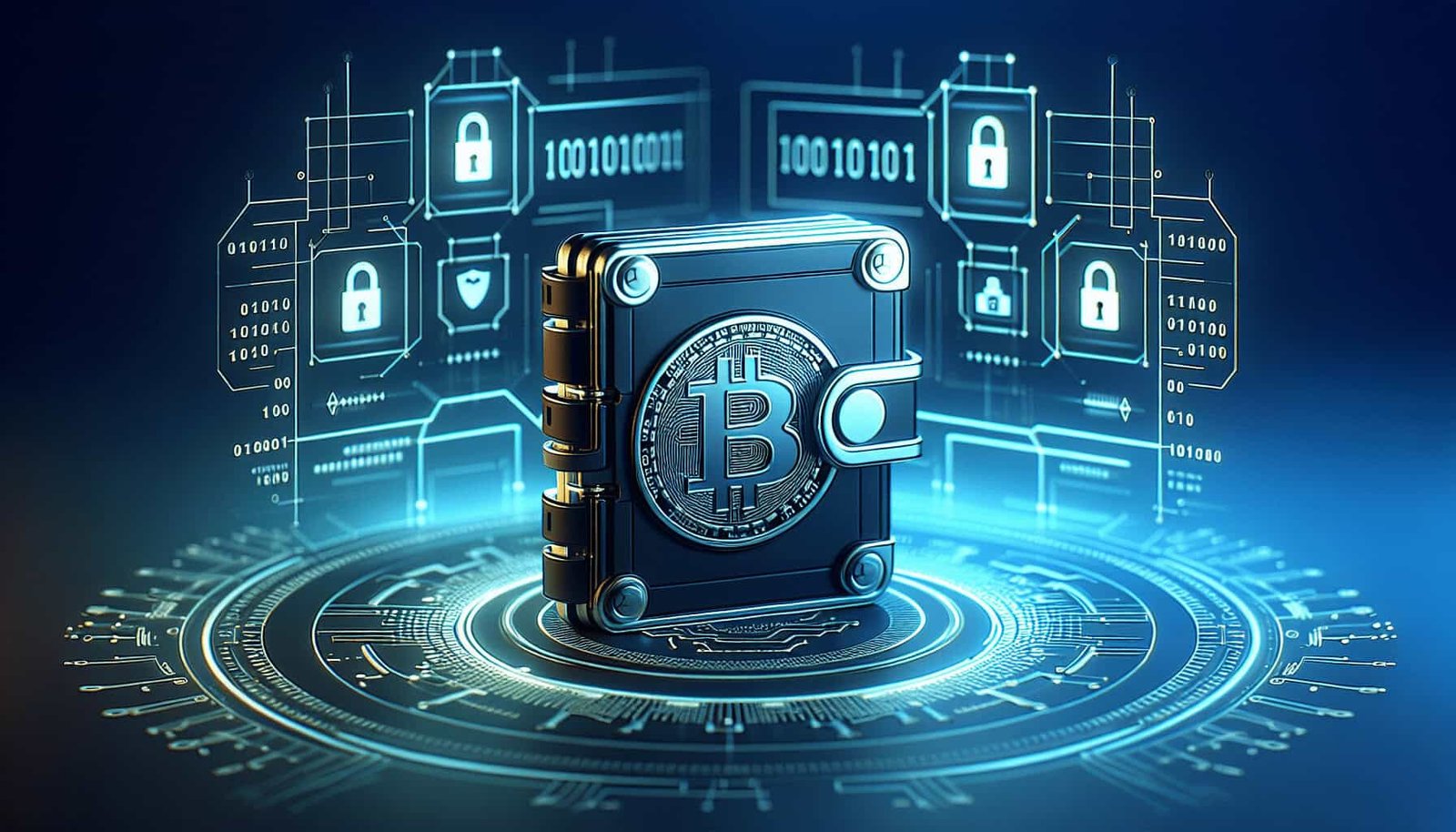Have you ever wondered how to best protect your crypto investments from cyber threats? The realm of cryptocurrencies is exciting and full of opportunities, but it also presents unique challenges, especially when it comes to security. If you’re looking to safeguard your digital assets and ensure their safety, you’re in the right place. In this guide, you’ll learn actionable steps to protect your crypto investments from various cyber threats.
Understanding Cyber Threats in the Crypto World
Before diving into the specifics of safeguarding your crypto investments, you need to understand the different types of cyber threats lurking in this space. Cybercriminals employ various tactics to steal digital assets, and knowing these methods can better prepare you.
Phishing Attacks
Phishing attacks are fraudulent attempts to obtain sensitive information by disguising as a trustworthy entity. You might receive an email that looks like it’s from your crypto exchange, asking you to click a link and enter your login details.
Malware and Ransomware
Malware is malicious software designed to infiltrate and damage your computer systems. Ransomware, a type of malware, locks you out of your own system until you pay a ransom, usually in cryptocurrency.
Hacking and Data Breaches
Exchanges, wallets, and individual users can all be targets of hacking. Cybercriminals often exploit vulnerabilities in systems to gain unauthorized access to crypto assets.
Social Engineering Attacks
Social engineering involves manipulating individuals into divulging confidential information. Attackers might impersonate a friend or a trusted authority to gain your trust and extract your private keys or passwords.
Best Practices to Protect Your Crypto Investments
Now that you have a clearer idea of the threats, it’s time to look at the steps you can take to protect your crypto investments.
Use Strong, Unique Passwords
A strong password is your first line of defense. Use unique passwords for different accounts and make them complex, incorporating upper and lower-case letters, numbers, and special characters.
Enable Two-Factor Authentication (2FA)
Two-Factor Authentication (2FA) adds an extra layer of security. Even if someone gets hold of your password, they’ll still need a second form of verification, usually a code sent to your phone, to access your account.
Secure Your Email Account
Your email is often a gateway to your other accounts, making it imperative to secure it. Use strong passwords, 2FA, and be wary of phishing emails.

Choosing the Right Wallet
The type of crypto wallet you use is crucial to your investment’s security. Wallets can be broadly categorized into hot wallets and cold wallets.
Hot Wallets
Hot wallets are connected to the internet, making them more convenient but also more vulnerable to hacking. Examples include mobile wallets and web-based wallets.
Cold Wallets
Cold wallets, such as hardware wallets and paper wallets, are not connected to the internet. They offer a higher level of security, but you’ll need to ensure you don’t lose the physical wallet or paper where your information is stored.
| Wallet Type | Example | Security Level | Accessibility |
|---|---|---|---|
| Hot Wallet | Mobile Wallet, Web Wallet | Moderate | High |
| Cold Wallet | Hardware Wallet, Paper Wallet | High | Moderate |
Hardware Wallets
Hardware wallets are physical devices that store your private keys offline. They are immune to online attacks, making them one of the safest options for storing large amounts of cryptocurrency. Some popular hardware wallets include Ledger and Trezor.
Paper Wallets
A paper wallet is a physical printout of your public and private keys. It’s offline, but you need to keep it in a secure place to avoid physical theft or damage.
Secure Your Network
Ensuring your internet connection is secure is another crucial step in protecting your crypto investments.
Use a VPN
A Virtual Private Network (VPN) encrypts your internet connection, making it difficult for cybercriminals to intercept your data. Using a reputable VPN can add an extra layer of security.
Beware of Public Wi-Fi
Public Wi-Fi networks are often less secure than private ones. Avoid accessing your crypto accounts or making transactions over public Wi-Fi unless you’re using a VPN.
Keep Your Software Updated
Software updates often include security patches that protect against known vulnerabilities. Ensure your operating systems, browsers, and any crypto-related apps are always up-to-date.

Vigilance and Continuous Education
The world of cybersecurity is constantly evolving, and staying updated can significantly improve your defenses.
Follow Trusted Sources
Keep abreast of the latest security news and updates from reputable sources like Coindesk or industry-specific cybersecurity blogs.
Learn About New Threats
The tactics used by cybercriminals evolve over time. Educate yourself on new types of attacks and how to defend against them.
Participate in Security Communities
Online forums and communities can be valuable resources. Engage with others to share tips, ask questions, and stay informed about the latest security trends.
Use Multi-signature Solutions
Multi-signature (multi-sig) wallets require more than one private key to authorize a transaction. This adds multiple layers of approval and significantly reduces the risk of unauthorized access.
How Multi-sig Works
In a multi-sig wallet, you specify a set number of signatures needed to complete a transaction. For instance, you can set up a 2-of-3 multi-sig wallet, meaning at least two out of three authorized keys are needed to move funds.
Advantages of Multi-sig Wallets
Multi-sig wallets enhance security by making it difficult for a single compromised key to have a full impact. They are particularly useful for joint accounts or institutional holdings.

Be Cautious with Software and Service Providers
Not all software and service providers are created equal. Exercise caution when choosing which platforms to use for your crypto activities.
Vet Your Exchange
Before selecting a crypto exchange, investigate its security measures, track record, and user reviews. Best practices include multi-factor authentication, cold storage for user funds, and regular security audits.
Use Reputable Wallet Software
Choose wallet software from reputable providers and check for community reviews. Open-source wallet software can be safer as its code is publicly available for scrutiny.
Importance of Private Key Security
Your private keys are the keys to your crypto kingdom. Protecting them should be one of your highest priorities.
Store Keys Offline
Storing your private keys offline (in cold storage) is one of the best ways to protect them. Only bring them online when necessary, and ensure you follow all security protocols during this time.
Backup Your Keys
Backing up your private keys is crucial. Store backups in multiple physical locations, such as a fireproof safe and a safety deposit box, to protect against loss, theft, or damage.
Avoid Cloud Storage
Storing your private keys in cloud storage services makes them vulnerable to online attacks. Stick to offline, physical storage solutions.

Responding to Security Breaches
Even with the best precautions, a security breach can still occur. Knowing how to respond quickly and effectively can minimize the damage.
Immediate Steps
If you suspect a breach, the first step is to move your assets to a secure wallet that you believe has not been compromised. Change your passwords and enable 2FA if it isn’t already in place.
Report the Breach
Report the incident to the platform involved and potentially law enforcement, depending on the severity. Timing is crucial in these situations, as the quicker you act, the higher the chance of recovering your assets.
Learn from Experience
A security breach should be a learning experience. Analyze what went wrong and update your security measures to prevent a similar incident in the future.
Planning for the Future
Continually planning and reassessing your security measures can help you stay ahead of potential threats.
Regular Security Audits
Perform regular security audits to assess the effectiveness of your existing security measures. This could involve critically evaluating your passwords, updating software, and even consulting with cybersecurity professionals.
Future-proofing Your Investments
Crypto and cybersecurity are fields that evolve rapidly. Stay informed about the latest advancements, such as quantum computing, which could impact the cryptographic methods securing your assets.
Using Advanced Security Solutions
Explore advanced security measures like biometrics, hardware security modules (HSM), and robust multi-layered security schemes tailored to crypto investments.

Educating Others
Your knowledge doesn’t just benefit you; it can also safeguard others in the crypto community.
Share Knowledge
Share your cybersecurity practices with friends, family, and peers involved in crypto investments. This collective vigilance can improve the overall security environment.
Participate in Educational Initiatives
Engage with educational initiatives or community outreach programs focused on spreading awareness about crypto cybersecurity.
Legal and Regulatory Considerations
Understanding the legal landscape is essential for any crypto investor. Regulations can impact how you secure and manage your investments.
Compliance with Regulations
Ensure you comply with local and international regulations, such as KYC (Know Your Customer) and AML (Anti-Money Laundering) laws. Adhering to these regulations can also offer some protection against fraudulent activities.
Legal Recourse
Familiarize yourself with the legal recourse available in case of a security breach. This includes understanding how to report fraud and what legal steps to take to recover lost assets.
Using Trustworthy Custodial Services
For some investors, using custodial services to store large amounts of cryptocurrency may be a viable option, provided the custodian is reputable and follows stringent security protocols.
Evaluating Custodians
Look for custodial services that have strong security measures, insurance policies, and a transparent track record. Companies like Coinbase Custody and BitGo are examples of well-known custodial services offering robust protection features.
Conclusion
Protecting your crypto investments from cyber threats requires a multi-faceted approach. By understanding the various types of cyber threats and implementing best practices, you can significantly reduce your risk. Use strong, unique passwords, enable two-factor authentication, choose the right wallet, secure your network, and stay vigilant. Employing multi-signature solutions, vetting software and service providers, and keeping your private keys secure are also vital steps. Prepare to respond effectively to security breaches, continuously plan for the future, educate others, and stay informed about legal and regulatory considerations. Whether you choose to manage your security independently or with the help of custodial services, make informed decisions to safeguard your assets. By continuously evolving your security strategy, you can protect your crypto investments against ever-changing cyber threats.

